Being a mom makes you tired, but if you're a breastfeeding mom, you might find that you are even sleepier than usual. Obviously, being your child's only source of nourishment is especially exhausting when you're up every two hours, but does breastfeeding make you tired for another reason, too? There’s a hormone involved in breastfeeding that may play a role in some of that sleepiness.
If you’ve ever darn near dozed off while breastfeeding, you’re not alone. Turns out that breastfeeding does make you sleepy, for reasons other than being up all night or being extra comfy with your babe. Baby Center explained that, after you deliver your baby and placenta, your body triggers the release of a hormone called prolactin, and it's responsible for signaling your body to start making breast milk. But prolactin can cause something else — drowsiness.
Jason VanBennekom, MD, board-certified OB-GYN at Baptist Health, tells Romper in an interview that while prolactin doesn’t affect the parts of the brain that control sleep, he can see why it might contribute to feeling drowsy.
“Most of the fatigue is related to altered sleep patterns in breastfeeding moms and the metabolic demands of producing breast milk. But, prolactin does have a direct role in reducing stress and anxiety. Oftentimes, the decrease in stress allows greater relaxation, and therefore could make someone feel sleepier, especially if already fatigued by lack of sleep during nighttime hours,” he says.
“Prolactin seems to make a mother feel relaxed and sleepy, so she usually rests well even if she breastfeeds at night,” adds Jessica Shepherd, MD, OB-GYN and partner with Happy V, in an interview with Romper. “More prolactin is produced at night, so breastfeeding at night is especially helpful for keeping up the milk supply.”
Although falling asleep while nursing can be a sweet, tender moment, it's not always feasible or safe. Fortunately, there are plenty of ways you can keep your energy up while breastfeeding. In fact, some of these you can even do while your baby eats, helping you to stay even more alert during those cozy sessions.
Stay Hydrated
Fluid out for baby means mama needs to take lots of fluid in, too. Lots of moms swear by taking a big glass of water along whenever they feed their baby. If “sleep when baby sleeps” is a thing, “drink when baby drinks” is a great way to remember that you need to get your fluids, too.
“Dehydration is a concern and can contribute to fatigue,” VanBennekom says. “The general recommendation during breastfeeding is to drink about half to three-quarters of an ounce of water per pound of non-pregnant weight — which works out to roughly three to four liters of water a day. It’s more than most people realize.”
And while it’s super (like, super) tempting to reach for a coffee, caffeine can mess with your hydration, which is what’s actually going to help you feel energized in the long run.
“Caffeine is most people’s go-to to battle fatigue, and though moderate amounts of caffeine will have little effect on breastfed babies, that will make it even harder to get adequate rest. Caution should be used even with more moderate caffeine use, though, since caffeine acts as a diuretic, and can contribute to dehydration. Water intake should be further increased to compensate for this,” says VanBennekom.
Eat Well
Your diet doesn’t have to be all fruits and veggies all the time, but eating a nutritious diet can really help you fight breastfeeding fatigue.
“Producing breast milk requires a great deal of metabolic energy, and breastfeeding moms should consume roughly 400 to 500 more calories a day than they would when not breastfeeding,” says VanBennekom. “This translates to about 2,300 to 2,500 total calories per day. In general, a good, balanced diet is recommended, with emphasis on plenty of protein. Simple sugars can often cause spikes in blood sugar levels, followed by a rebound drop in blood sugar, which can cause fatigue. For this reason, we recommend keeping simple sugars to a minimum.”
Shepherd agrees, saying moms should “include some high-protein snacks, as well as fluids to stay hydrated, such as coconut water.”
If you can prep some one-handed, high-protein snacks (think hummus wraps full of veggies and protein or hard-boiled eggs), you can get some of your daily calories in while you breastfeed to ensure you don’t forget. It can be as simple as keeping a basket of granola bars or mixed nuts near your chair.
Take Your Supplements
In addition to adding more calories, protein, and generally nutritious foods to your diet, VanBennekom is a big fan of continuing your prenatal while you’re breastfeeding.
“We recommend that patients continue to take their prenatal vitamin for as long as they breastfeed. One additional recommendation for vegan moms is to really concentrate on adequate protein and to consider a B12 supplement, as this is less abundant in a vegan diet,” he says.
Stay Active
Battling tiredness with exercise seems like the absolute worst, but these experts promise a little bit of activity will make you feel so much better. One study even found that people who are often sedentary can decrease their fatigue by 65% with a low-intensity exercise like walking or aerobics.
“Exercise helps boost energy levels as well as mood,” says Shepherd. “Even just a short walk outside in the fresh air can feel good.”
“In addition to improving overall health, exercise stimulates endorphin production, which improves feelings of well-being and energy level,” VanBennekom explains.
Skip The Chores & Take Some Naps
Sleep when baby sleeps? Yeah, you've heard it before, but it can seriously help. The dirty dishes will still be there later, but this opportunity to snooze may not.
“Naps can do wonders, though we don’t recommend napping while breastfeeding or when holding the baby at any time,” says VanBennekom. “A 10 to 20-minute nap can actually be more invigorating than an hour-long nap, so it’s worth grabbing one when you can.”
The National Sleep Foundation apparently agrees, and noted that brief naps can actually help with short-term fatigue, as they don't interfere with your nighttime sleep and can improve your alertness without making you feel groggy.
Sources:
Jessica Shepherd, MD, OB-GYN and partner with Happy V
Jason VanBennekom, MD, board-certified OB-GYN at Baptist Health in Jacksonville, Florida
the guide
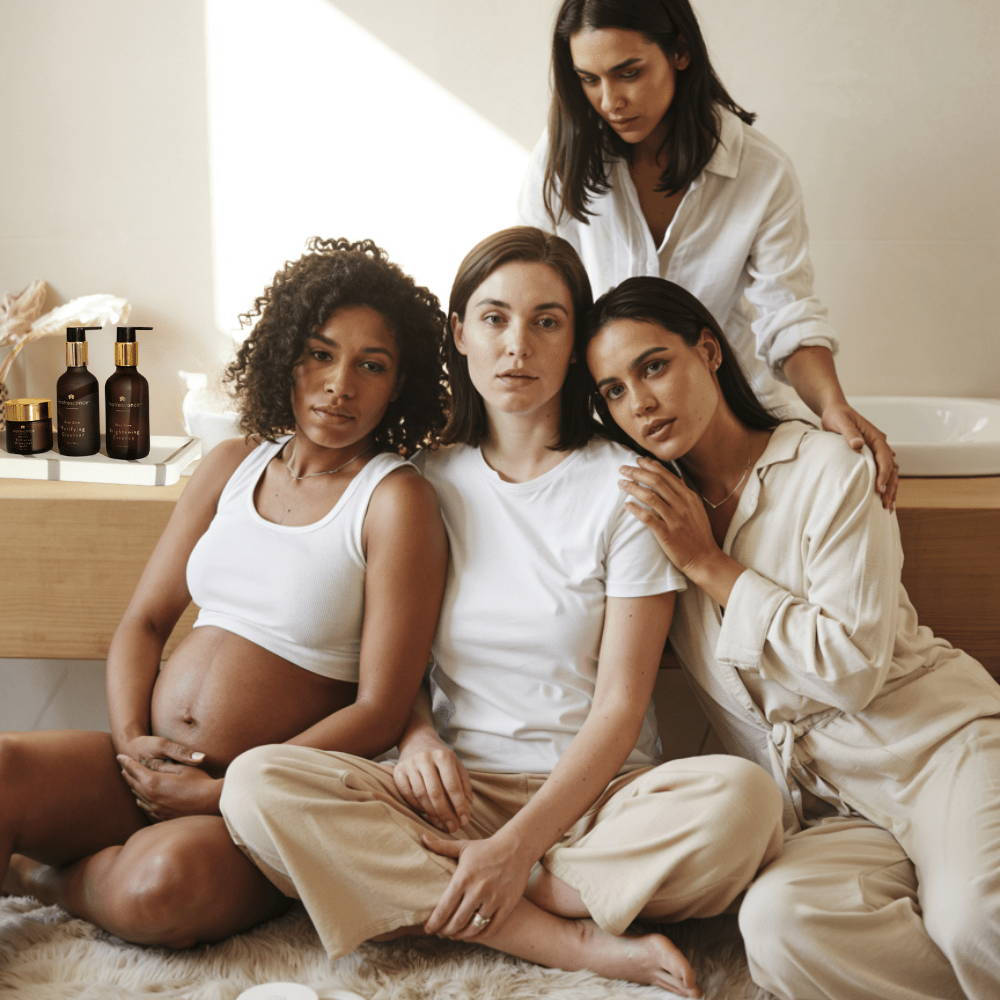
From PCOS to perimenopause, hormonal shifts happen at every life stage. Learn why hormone-safe skincare is a must—even if you’re not expecting.
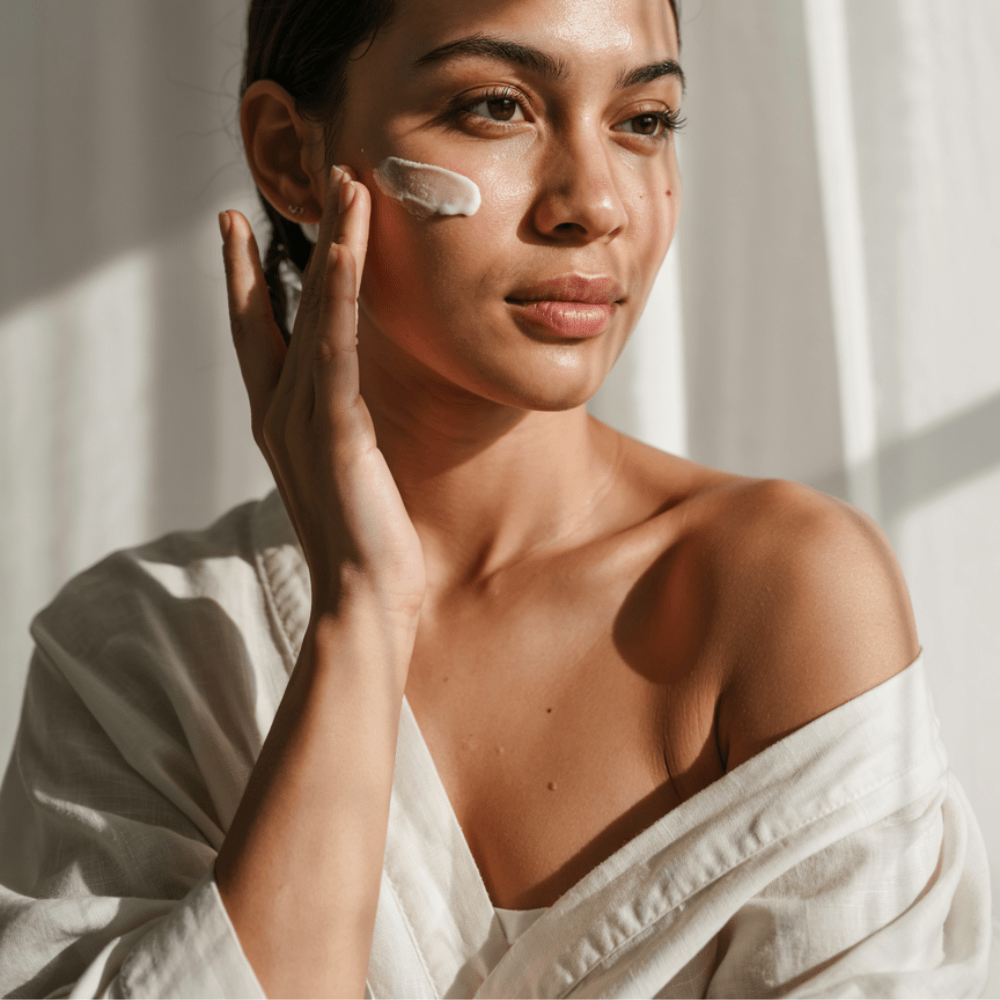
Whether you’re pregnant, postpartum, or perimenopausal, choosing the right ingredients makes all the difference. In this guide, we explain why endocrine disruptors matter, spotlight clean actives a...
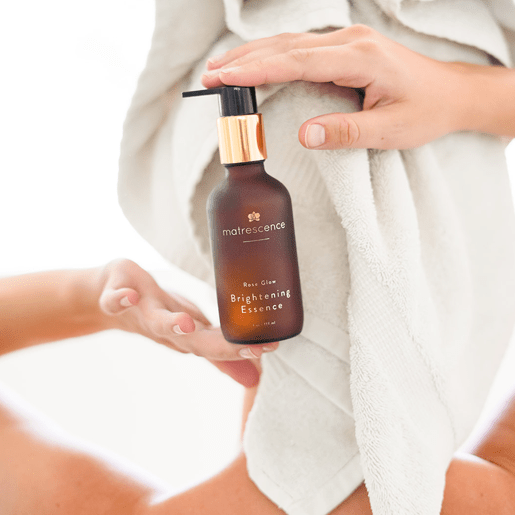
A deep-dive of our Brightening Essence. A dual-action toner and serum that gently exfoliates and hydrates to reveal a vibrant, more even complexion. Formulated for hormonally shifting skin, it help...



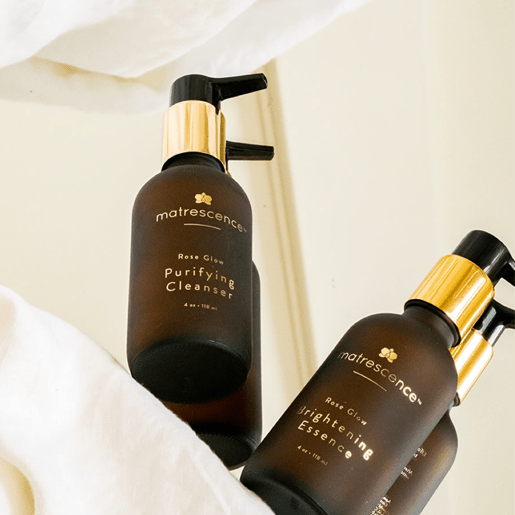

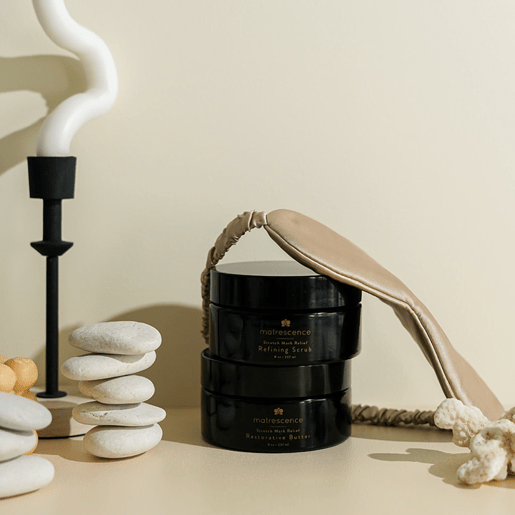
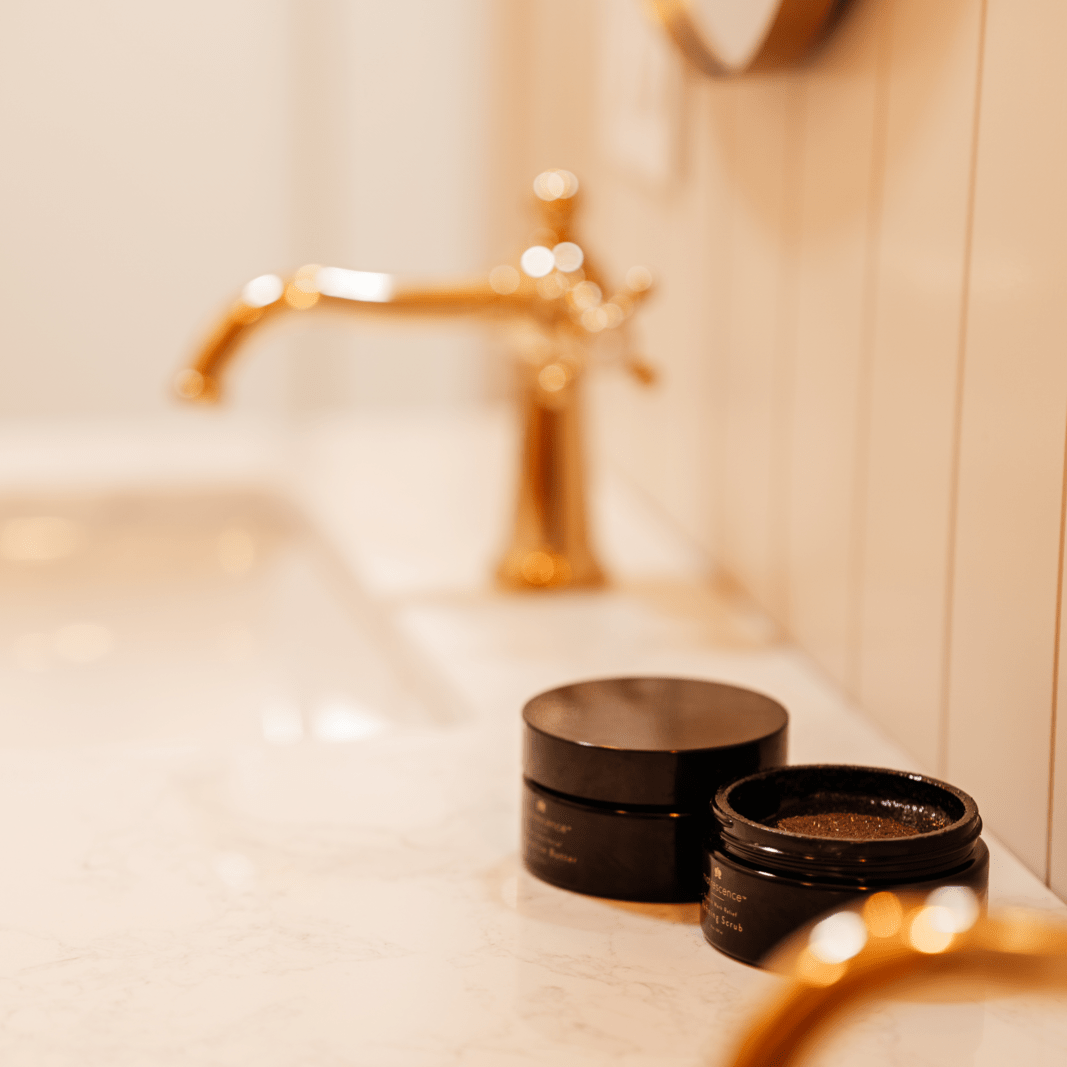

Leave a comment
All comments are moderated before being published.
This site is protected by hCaptcha and the hCaptcha Privacy Policy and Terms of Service apply.